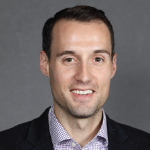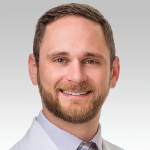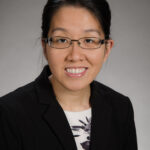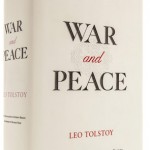Organizing Your Library
With the powerful tools above, collecting information occurs naturally. The real challenge becomes deciding which articles to read and how to organize all those papers.
Unfortunately, none of the aforementioned services allow you to take notes that can be accessed later at your convenience. Google Docs and Evernote both function beautifully in this capacity, allowing you to save papers and take notes for later. Both services offer web-based applications that can be accessed from home and work. Neither, however, offers the ability to transform your newfound library into publications.
For an all-in-one solution, both of us recommend a citation manager, and we prefer EndNote or Zotero. Both services allow for annotations on the papers themselves, have powerful search features and let you cite directly into MS Word when writing your own papers. Zotero also supports Google Docs for those who prefer to use its online suite of tools. The programs can build a bibliography to the specifications of your target journal and allow you to make collections so you can keep research projects or reading lists separate. Most importantly, these build an easily accessible library that never crinkles, picks up coffee stains or accidentally finds itself inside a shredder.
We hope you’ve found these tips and tools helpful. A combination of these resources has helped us build evidence-based practices. Experiment with different options and share what you find with us. We’re always looking for better ways to streamline our workflow and get the most out of our valuable years in fellowship.
 Tyler Williams, MD (@TylerWilliamsMD), is a second-year fellow at Cleveland Clinic and current chair of the Fellows-in-Training Subcommittee. He is interested in value-based care and will start his career with Intermountain Healthcare in Utah at the completion of fellowship.
Tyler Williams, MD (@TylerWilliamsMD), is a second-year fellow at Cleveland Clinic and current chair of the Fellows-in-Training Subcommittee. He is interested in value-based care and will start his career with Intermountain Healthcare in Utah at the completion of fellowship.
 Mike Putman, MD (@EBRheum), is a second-year fellow at Northwestern University and a member of the Fellows-in-Training Subcommittee. He is pursuing large vessel vasculitis research on a T32 training grant and hosts the Evidence Based Rheumatology Podcast. He is originally from the Chicago area and enjoys spending time outdoors with his family.
Mike Putman, MD (@EBRheum), is a second-year fellow at Northwestern University and a member of the Fellows-in-Training Subcommittee. He is pursuing large vessel vasculitis research on a T32 training grant and hosts the Evidence Based Rheumatology Podcast. He is originally from the Chicago area and enjoys spending time outdoors with his family.

